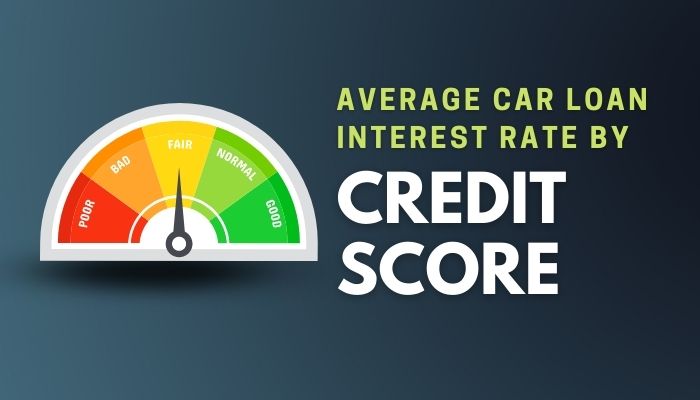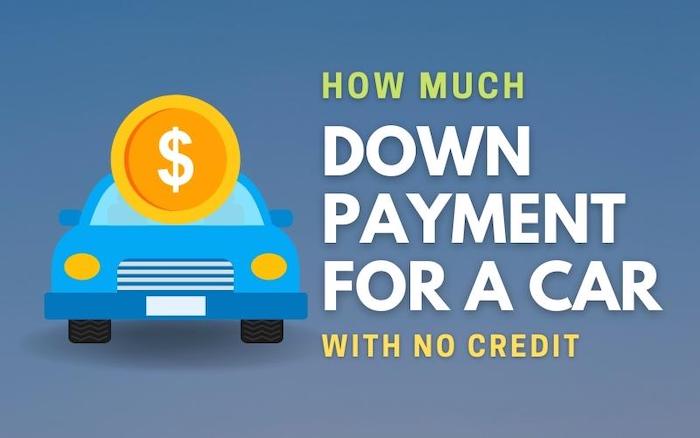Does Refinancing A Car Hurt Your Credit Score?
An auto loan is a long-term financial decision where you commit to paying a certain monthly amount to finance the car. Unfortunately, anything can happen within that period affecting your ability to remit the monthly amount without stretching your resources thin.
Sickness, job loss, and the need to finance something else like education are some of the reasons people experience financial strain. Thankfully, you can overcome your current financial difficulty by refinancing your loan.
Refinancing an auto loan is straightforward. You only need to look for a financial institution that offers loan refinancing and apply. Once you qualify, the lender will pay your current loan and take over the legal right to repossess your car if you fail to make payments for your new loan.
While the process is easy, it does not always give you the best value. Some of the questions you may need to answer include how does refinancing a car hurt your credit? Will the loan be cheaper? This article will help you answer the questions and decide whether refinancing is good for you.
When Is It Good To Refinance An Auto Loan?
You can refinance your loan whenever you want, whether it is shortly after buying a car or at the end of your loan term. The decision is personal and varies from one person to another. You should consider refinancing if it is helping you address financial shortcomings or helping you save money.
Although you can refinance at any time, it does not mean that it is good for you. Compare the cost and the gain to see whether it makes sense to refinance. You may not need to go through the trouble if the gains are low. Some of the best times to refinance your car loan include:
1. Loan rates are lower
Government initiatives and controls can make the interest rates go up or down. If you got your loan when the interest rate was high, you can get a new loan and save money when the rates are low. However, you will need to make sure the difference in interest rate offers tangible benefits before deciding to refinance.
2. Need to lower monthly payments
If you are in financial difficulty and need to cut on expenses, applying for an auto refinance may be a good idea. Refinancing will not reduce your remaining balance, but it can extend the loan period, allowing you to make smaller payments. Although you may end up paying more throughout the loan, lower monthly payments leave you with more money to cater to your current expenses.
3. You have a higher credit score
This option makes sense to those who applied for a vehicle loan with bad credit. Bad credit auto loans are usually highly expensive due to the risk aspect. If you improve your credit score significantly after taking a car loan, you could qualify for loans with better rates. Lower interest rates mean more savings throughout the loan.
4. The car holds its resale value
It is always good o check the resale value of your car before applying for a refinancing. Lenders will not give you a new loan if the car is worth less than the remaining balance due to mileage, age, and crashes, among other factors that will lower the resale value.
When Is It A Bad Idea To Refinance A Car Loan?
Although the chance to refinance an auto loan can be enticing, it does not always make sense. Some of the circumstances when refinancing your auto loan is a bad idea include:
- Interest rates are high – If you took the initial car loan when the interest rates were lower, you will not likely get a better financing rate. Refinancing your loan at a higher interest rate than your current rate means that you will be paying more for the loan.
- Paid most of the loan – If you have already cleared most of your vehicle loan, the benefits of refinancing could be negligible. It is worth noting that the costs of a new loan like the origination fees, could offset the gains you would get from refinancing when the remaining term is shorter.
- Resale value is lower – It is not ideal to refinance your loan if the car you bought as new or relatively new has a lower resale value due to flood, mileage, or technical aspects. You will not get a loan that will cover the full amount you owe the original lender.
Does Refinancing A Car Hurt Your Credit Score?
Yes, although temporary. If you are planning to get a mortgage or a large loan within one year, it would be good to avoid applying for auto refinancing as it can lower your credit score. Refinancing a vehicle affects your credit score negatively just like any other loan application.
When calculating your credit score, the credit bureaus take into consideration your payment history, balance remaining, length of credit history, credit mix, and new credit. Whenever you get loan refinancing, some or most of the calculating aspects change affecting your credit.
Some of the different ways refinancing a car can hurt your credit score include:
1. Credit check
Whenever you apply for a loan, the lender will usually check your credit score and history to determine whether you qualify for refinancing. The lender uses the credit rating to determine your risk and on some occasions the interest rate for the loan. Checking the credit history is a hard inquiry and it can temporarily cause a slight credit score drop.
The need for refinancing usually outweighs the negative effect of the drop for most people. Furthermore, your credit score will improve overtime as you continue to make loan payments. However, you should avoid applying for any loan with a hard inquiry if you are planning to take a mortgage or any other large loan in 12 months or so.
2. Multiple loan applications
You may have to apply to several lenders to get the best refinancing offer with the lowest interest rate. Every lender will do a hard inquiry on your credit report hurting your score. But you can minimize the effect caused by a hard inquiry by submitting all your applications with a short period.
Most credit bureaus consider all loan applications between 14 and 45 days as one inquiry, minimizing the negative effect. You should avoid applying for different loans over several months as it could hurt your credit score.
3. Closing an account
Once you qualify for refinancing, the lender will pay your existing loan, resulting in account closure. Closure to a long-standing credit account can slightly hurt your credit score. However, the hit on your score will be minimal if the account was in good credit score and the score will improve as you pay your new loan.
Learn More: Can I Refinance My Car with The Same Lender?
What Should You Do After Refinancing An Auto Loan?
Since your credit score will decline slightly after getting a new loan due to a hard inquiry, you should take the necessary steps to improve your scores. Make your payments on time and check your credit score after a few months to your ratings. It only takes a few months of prompt payments to get your rating back to where it was and even improve it.
Steps On How To Get The Best Auto Refinance Loan:
Step 1: Check your credit score
Your first step should be to ensure that your credit reports are correct. You should check your reports for any incorrect information and dispute the errors as inaccuracies can hurt your credit scores, affecting your ability to get a new loan or better rates. Reviewing your credit report can also help you set your expectations before you start applying for a refinance loan.
If a previous bankruptcy is still on your report, you will not likely get a loan from banks and other major financial institutions. Instead, you should consider lenders with a previous history of bankruptcy.
Nevertheless, you should keep in mind that most financial institutions need a credit score of at least 620 for you to get a better deal. Otherwise, you will need to look for lenders that offer car refinancing to people with bad credit.
Step 2: Shop for the best deal
You should always start with your lender before you start shopping around. If your current loan is in good standing order, the interest rate has gone down and your scores have improved, the lender may be willing to refinance the loan at a better rate.
Once you have an offer from your lender, you should shop around for better terms and rates. When shopping around, make sure you compare the annual percentage rate, applicable fees, and loan term.
Step 3: Accept the loan offer
Once you compare the loan offers, you should contact the lender with the best terms and accept the new loan. However, before accepting the new loan, you should ensure that all details of the loan are in writing for future reference.
Conclusion
Refinancing your car can be a good thing if you are getting better terms for the new loan, allowing you to minimize monthly expenses. It is also helpful if you are going through financial difficulty or your finances are stretched thin by the loan payments.
However, you will need to know how does refinancing a car hurts your credit, especially if you are planning to take a bigger loan in a few months. Refinancing your car will hurt your credit in the short term, but your scores will improve after making on-time payments on your new loan.




